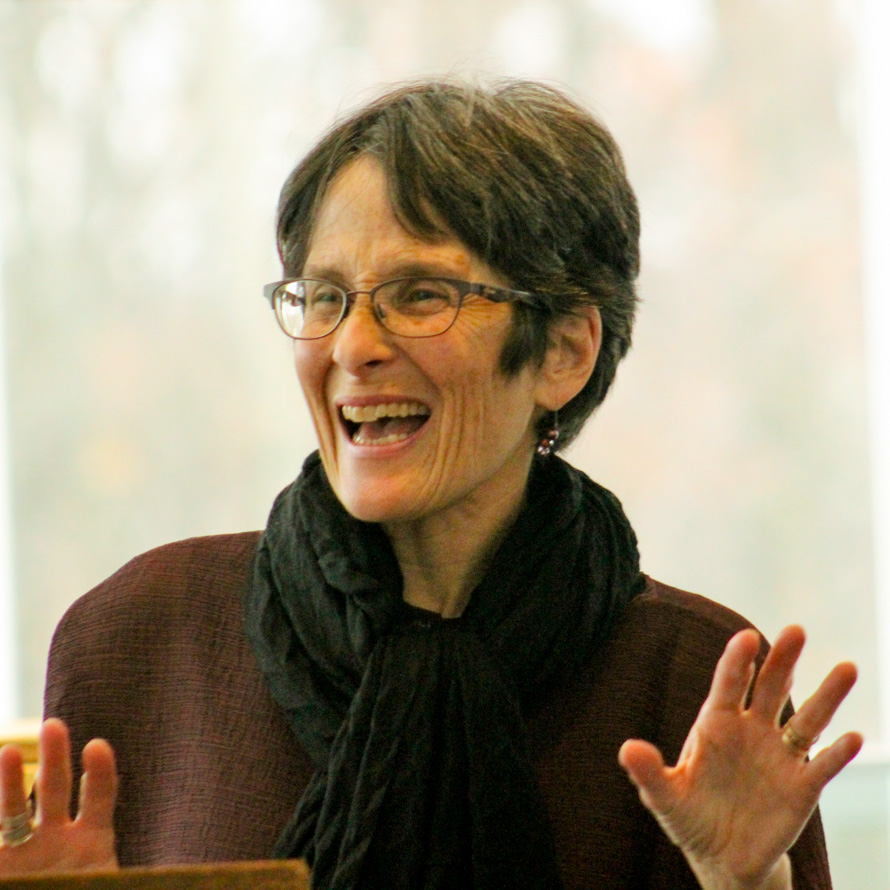Community Blog “In the deserts of the heart, let the healing fountain start.”

Toward the end of this week’s parasha, the Israelites come to a place called Be’er (meaning “well” in Hebrew).
There, in the middle of the desert, they discover a well, an unexpected source of water. An unexpected source of hope, sustenance, and healing. The moment awakens a song, “Then Israel sang this song: “Spring up, O well, sing to it!” [Numbers 21:17] The Hasidic master, the Sefat Emet, sees in the image of the well a reflection of the true meaning of Torah. He quotes Proverbs 5:15: “Drink water from your cistern (bor) and flowing water from your well (be’er). And he asks, “What is the difference between a cistern and a well? What is the difference between a bor and a be’er?”
The difference is one letter – the letter aleph. For the Sefat Emet, that aleph is the gateway to God’s goodness and to the source of the deepest and most nourishing Torah. The aleph signifies learning that is connected to the Source of all Life: “This is the difference tween bor and be’er: the cistern just contains gathered water; its contents are limited by the size of the vessel that contains them.The well, on the other hand, is joined directly to the source of an ever-flowing spring.”
Add an aleph to the word bor, and the cistern is transformed into a living well. Add an aleph to our study of Torah, and we ourselves are transformed – our learning has the potential to connect us to the ever-flowing spring that lies at the heart of all life, to the deep waters that connect and sustain all.
At Hebrew College, we are devoted to the study of Torah – in all its fullness and complexity – as essential for a vibrant, meaningful, creative, and inclusive Jewish community and Jewish future. But this is not just an academic exercise. Far from it.
True study of Torah is connected to life. True study of Torah connects us to the Source of all Life. There are windows on the walls of our Beit Midrash, and we look outside of them every day. We look out at the breathtaking beauty of the world around us. And we also look out at the heart-stopping cruelty of the world around us. We ask ourselves, “What does Torah have to say about this world of ours? What does Torah demand of us – today?”
This week, it is impossible to read about the sustaining waters that the Israelites encountered on their desert journey, without thinking of the immigrants who are arriving at our borders – hoping for relief from their own harrowing journeys, and instead finding themselves faced with officials following orders to separate families and tear children from their parent’s arms. The plain intent: to make the experience at our border so profoundly brutal that it will deter future immigrants and asylum seekers from trying to enter.
To craft such a policy – and to enforce such a policy – demands a willful forgetfulness and failure of imagination. The person following such orders cannot allow himself to think of his own child’s cry for help. The person following such orders cannot afford to remember what it felt like to be a child in need of safety and protection. The person following such orders has to have found a way – at least temporarily – to forget that we are all children of God, to forget that we all thirst for the same water, to forget that we are all nourished by the same ever-flowing spring.
We were all implicated in this policy as long as we allowed it to be carried out in our name. It appears that the public outcry about this issue has begun to register and prompt some rethinking on the part of policy-makers in the current administration, but there is still a long way to go to ensure that families and children at our border are treated with dignity and afforded the basic human rights protected by U.S. and international law.
Wherever we are, may we find ways to overcome the collective forgetfulness and failure of imagination that has brought us to this place. May we merit the study of Torah that helps us find our way back to each other, back to the Source of all Life, back to the flowing waters, back to the softened heart.
In the words of W.H. Auden:
“In the deserts of the heart, Let the healing fountain start.”
With blessings of courage and compassion.
Rabbi Sharon Cohen Anisfeld is President-Elect of Hebrew College in Newton Centre, MA.

